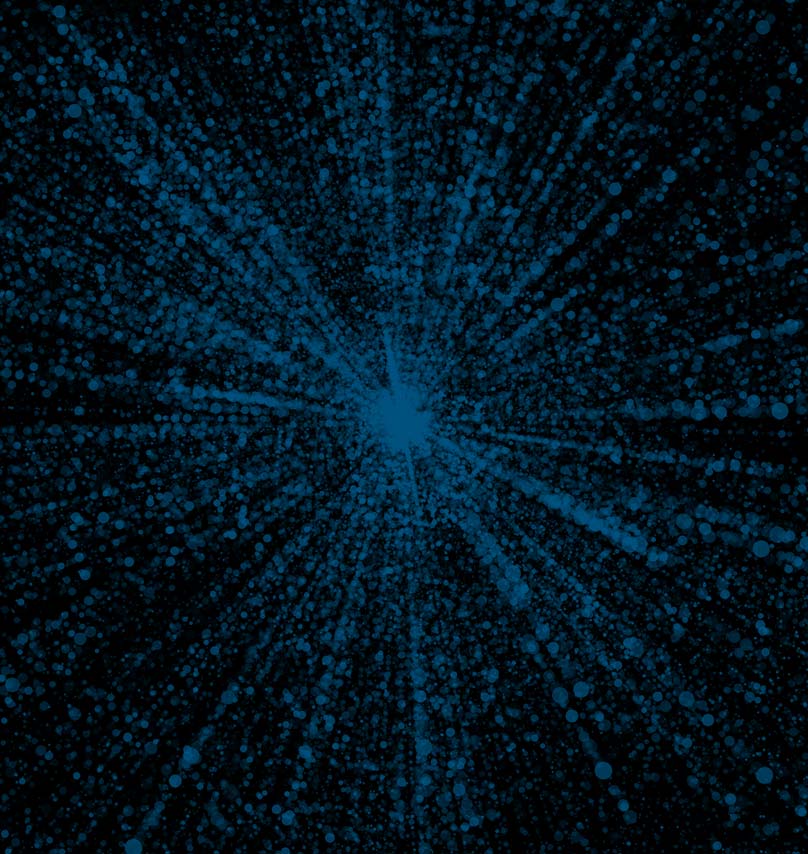A newly updated edition of the CNS Global Incidents and Trafficking Database, prepared by the James Martin Center for Nonproliferation Studies (CNS) for NTI, finds 143 incidents involving nuclear and other radioactive materials in 19 countries during 2016. The database and accompanying report focus on incidents involving the loss of regulatory control over the nuclear and other radioactive materials, and offers insights into the successes and failures of global nuclear and radiological security regimes. CNS has prepared this database and trafficking report with support from NTI for the past four years, during which time researchers have uncovered nearly 700 incidents worldwide.
Compiled using open-source data, the CNS database and report is the only one of its kind that is globally comprehensive and freely available to the public. To better assist educators and students, this year’s report for the first time is published with interactive maps that show where the incidents took place.
The updated report finds that in 2016 there were only a few recorded incidents involving the most dangerous radioactive materials, but even lower risk radioactive and nuclear materials pose a significant threat. The radioactive materials in nearly half of the incidents reported in the 2016 database would be suitable for use in a radiological dispersal device, such as a dirty bomb. This year’s research also revealed that over half of the thefts reported occurred during transportation of materials, and human failure played a role in over 60% of the reported incidents of loss or theft.
In addition to recommending improvements to physical security measures and safety culture, the report also encourages wider transparency across all countries and recommends the development of a common standard for incident reporting.
For the full findings and recommendations, visit www.nti.org/trafficking to get the report, download the database, and view the interactive maps.
